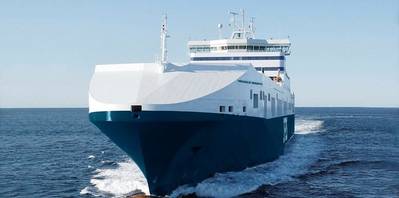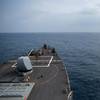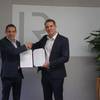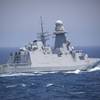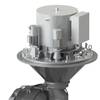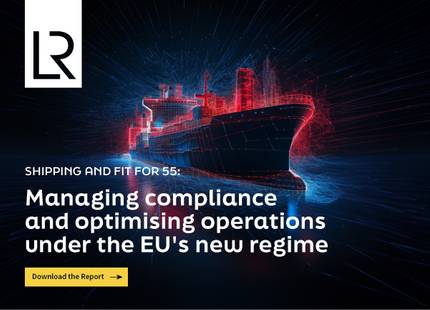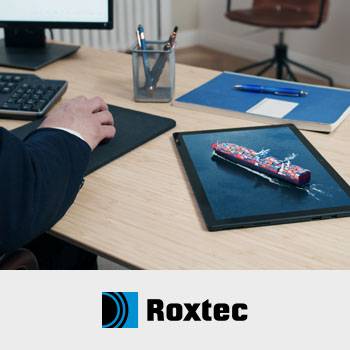H2 Energy and DFDS Publish Hydrogen Propulsion Feasibility Study
Over the past year, H2 Energy and DFDS have worked together on a project to analyze the feasibility of retrofitting large ferries with a hydrogen propulsion system.
The project, supported by the Danish Maritime Fund, has led to the publication of a hydrogen propulsion feasibility study.
With support from the Danish Maritime Fund, DFDS, H2 Energy and Lloyds set out to uncover the technical and operational feasibility of hydrogen propulsion systems by analyzing the main aspects of a complete hydrogen ecosystem using the DFDS cargo (RoRo) vessel Magnolia Seaways on the Esbjerg-Immingham-Esbjerg route as the focal point of the study.
This includes sourcing of green hydrogen from H2 Energy’s large scale production facility in Esbjerg, onshore supply and logistics, including bunkering, application of a hydrogen-fueled powertrain, and safety measures. The Lloyd’s Register (LR) Maritime Decarbonisation Hub also contributed to the study with a safety risk assessment and issued an Approval in Principle for the concept and the initial design of the hydrogen systems.
The study concluded that retrofitting Magnolia Seaways with a hydrogen fueled propulsion system is technically feasible and commercially viable under a set of basic assumptions. However, building the entire hydrogen ecosystem to produce hydrogen cost-effectively and at scale is complex. Everything from energy infrastructure and policy support must be in place.
DFDS has recently launched its 'Vessels of tomorrow' program, which will see two methanol, two electric and two ammonia vessels added to the company's fleet over the next six years. Although hydrogen is not included in the program and DFDS is not planning to use hydrogen as a fuel in the very near future, DFDS will continue to contribute to the development of knowledge on hydrogen as part of the company's ongoing analysis of possible net-zero scenarios for both vessels and road transport.
DFDS has ambitions to reach a 45% reduction in TtW CO2 intensity from ferries and 75% reduction in WtW greenhouse gas intensity from road transport, terminals and warehousing by 2030. By 2050 the target is to achieve net zero. To reach these targets, DFDS is looking into all possible options.
“As we move to novel fuels such as hydrogen, a risk-based approach is required, to demonstrate to all stakeholders that the risks are mitigated to an acceptable level. The knowledge gained from this project involving the Lloyd's Register Maritime Decarbonisation Hub and other industry initiatives will further enhance safety and accelerate the pace with which we can effect change,” says Nick Brown, LR Group CEO.



